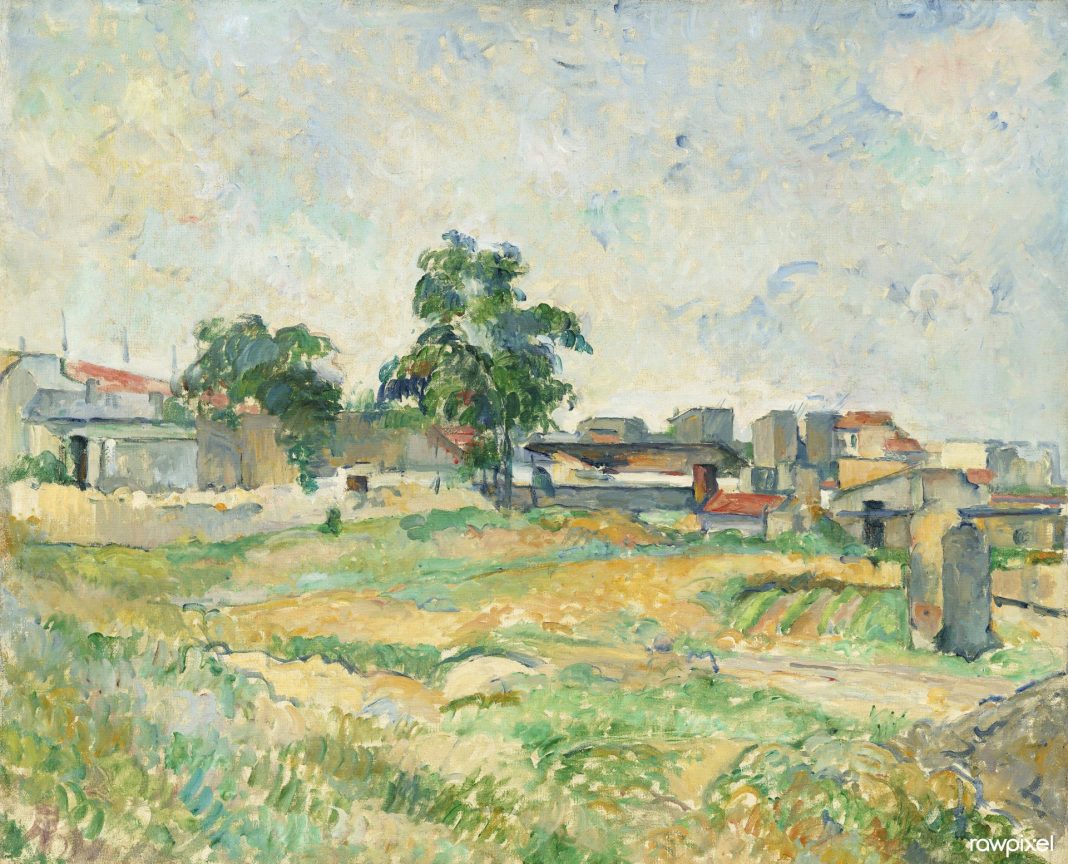Searching “self-care” on TikTok will inevitably leave you a little confused about how best to spend your ‘me time’. Some videos take a wellness angle – emphasising green juice, pilates, and hot girl walks. Some promote beautification – biweekly hair masks, exfoliating, and taking coconut oil baths. Others suggest we should prioritise simple pleasures like comfort foods, favourite TV shows, a cosy bed and candles. Which is correct?
The TikTok model of self-care is somewhat problematic. Firstly, it’s highly commercial – often suggested videos are actually adverts for sponsored products. While I understand the benefits of retail therapy, it’s a depressing and out of touch notion that the only way to show yourself love is by buying an expensive moisturiser.
Another issue is that self-care on TikTok is solely aimed towards women. A search for “self-care for men” yields basic hygiene and appearance related videos. It is certainly true that many of the beauty rituals typically classified as “self-care” tend to be more closely associated with women’s health and wellness. But surely caring for both your physical and mental health should transcend gender barriers?
I have long held a rather different view of self-care, focusing on small-scale, intentionally self-indulgent acts instead of a three-hour bath routine. For me, self-care is as simple as going beyond what is necessary in order to make yourself that extra bit happier. It can be done little and often, in basically any context.
I think we should care for ourselves in the same way that others show us care. My dad, one of the kindest people I know, is big on the little, whimsical gestures of love. When I was younger, he liked to arrange my food in shapes: flowers of cucumber sticks, towers of toast squares. Once, my mum asked for half of his wagon wheel, and rather than breaking one down the middle, my dad cut a heart shape out of the centre (which we all know is the best bit of a wagon wheel). These acts are not necessary and don’t require much extra effort, but go a long way in cheering someone up.
A friend recently sent me a picture of the chicken wrap she made for dinner, and I noticed she had toasted the outside of the wrap. This, I told her, is self-care. It’s not necessary: it doesn’t add nutritional value, and the dinner would have been fine without it. It takes time and adds an extra pan to your washing up. But it made her happy.
As Oxford students, we are very busy. Many of us are taking sole responsibility for basic self-sustaining acts – cooking, cleaning, laundry – for the first time in our lives. It’s easy to get lost in the academic, social whirlwind that is an Oxford term, and revert to doing the bare minimum to take care of ourselves. An expensive, time-consuming, over-commercialised view of self-care isn’t useful for us. But I don’t think this means we should reject it as a concept entirely.
Maybe when you make your bed, you should tuck in the covers like they do in a hotel. Or when you clean your bathroom, make one of those fancy triangle toilet paper folds. Plate your food up nicely, rather than eating out of the pan. You’d probably do this sort of thing for someone else. Maybe it’s time we show the same love and care to ourselves.


